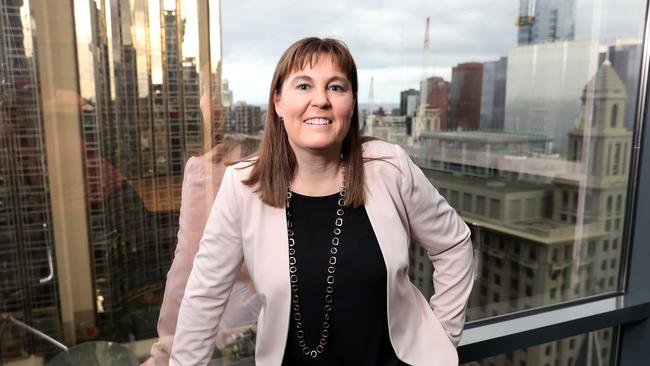Bendigo Bank sanctioned for code breaches over Great Southern debt collection, customer treatment
Customer treatment and debt collection for Great Southern loans comprised “serious” breaches of the industry’s code.

Bendigo and Adelaide Bank has been sanctioned for serious and systemic breaches of the 2013 Code of Banking Practice over its debt collection practices and the treatment of customers experiencing financial difficulty.
The banking industry’s self-appointed watchdog, the Banking Code Compliance Committee, on Wednesday said the breaches related to outstanding loans in the collapsed Great Southern scheme and took place over a four-year period between February 2015 and 2019.
It is the first time the BCCC has named a bank for non-compliance with the code and only the second time since 2008 that a bank has received such a sanction.
The bank has taken a $1m provision for a remediation program related to the breaches following a review that found more than 400 accounts may require refunds or goodwill payments.
To date, 15 per cent of the accounts independently reviewed have been assessed as eligible to receive remediation or a goodwill payment, with the majority comprising goodwill payments which recognises any non-financial adverse impact on the customer, the bank said.
Bendigo managing director Marnie Baker said the bank accepted the watchdog’s findings and that it had made mistakes in how it communicated with and responded to its customers.
“We regret our actions and sincerely apologise for any negative impacts these breaches have caused for our customers. We fell short of our own expectations and that of our customers and the community,” she said.
“The bank has addressed the operational issues to prevent this from happening again and has established a remediation program to provide payments to customers where we made mistakes that had an adverse customer impact.”
The watchdog’s independent chairman, Ian Govey AM, said the decision to impose the naming sanction on the lender had not been made lightly.
“In deciding to name Bendigo and Adelaide Bank, the committee has given careful consideration to a number of factors, including the seriousness of the breaches and their likely impact on Great Southern customers,” he said.
Great Southern investors pumped $2bn into the agricultural scheme before it collapsed in 2009. Prior to its collapse Adelaide Bank had purchased parcels of loans from its managed investment scheme over a number of years, including after it merged with Bendigo in 2007.
In late 2014, the Victorian Supreme Court approved a $23m settlement between investors and Bendigo Bank and gave the go-ahead for the lender to start reclaiming millions of dollars in debts.
The audit from the BCCC found that the team tasked with collecting the debts was largely segregated from the bank’s broader operations and had inadequate systems, processes and resources to cope with the ramp-up in collections activity from 2015.
“The BCCC concluded that the bank’s lack of oversight led to a failure to build a strong compliance structure and framework that could robustly identify, investigate, record and report instances of non-compliance with the 2013 Code within Great Southern Loans,” the watchdog said.
The lender has since integrated the Great Southern team into its team responsible for helping customers experiencing financial difficulty. It has also strengthened its complaints management, training and oversight processes, Ms Baker said.
“We remain committed to complying with all required regulations, standards and guidelines while continuing to prioritise the interests of our customers and their communities,” she said.



To join the conversation, please log in. Don't have an account? Register
Join the conversation, you are commenting as Logout